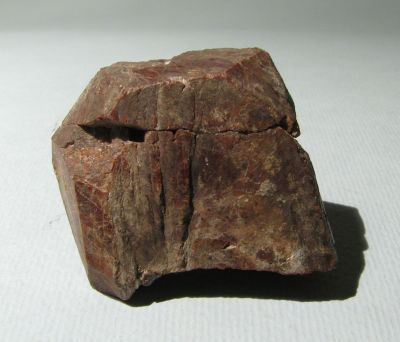Thorium is a
metallic chemical element, part of a group within the periodic table
known as the actinides. Although it may have important applications in
areas like catalysis and clean energy, its fundamental chemistry remains
poorly understood.
The EU-funded 'THOR: Organometallic thorium chemistry' (THOR)
project was set up to bridge this knowledge gap. It paired scientific
expertise in actinide and metallic bonding chemistries from China and
the EU with world-class facilities.
Researchers successfully synthesised and characterised a number of
thorium and uranium complexes. They used advanced methods to study the
nature of the chemical bonds within these complexes, as well as their
structure and reactivity.
A number of pioneering insights were achieved, published, and presented at international conferences.
As thorium is both abundant and low in radioactivity, it may be an
alternative to uranium for nuclear power, a clean energy source. It may
also find use in the remediation of nuclear waste.
The actinide chemistry knowledge produced by THOR thus contributed
to strategically important research areas, opening up further
opportunities in catalysis, magnetism, materials and energy science. In
addition, EU research in these fields has gained a completive advantage,
as well as long-term collaborations with China.
 EN
EN  CS
CS DE
DE ES
ES FR
FR HU
HU IT
IT PL
PL PT
PT РУ
РУ SK
SK TR
TR УК
УК AR
AR 中文
中文







